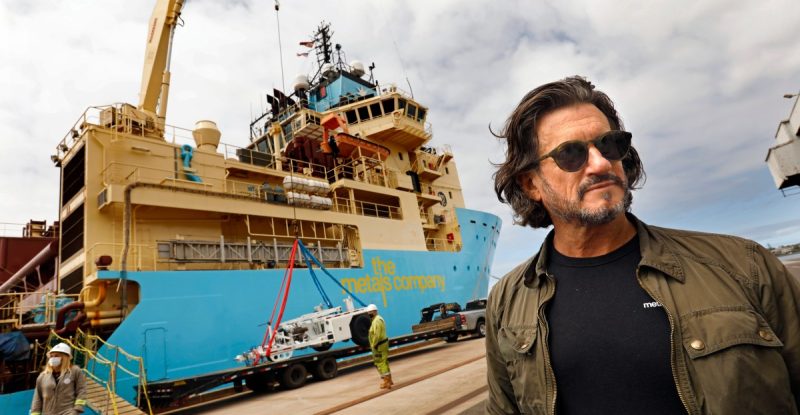
The Metals Company, a Canadian mining firm, has submitted a permit application to the Trump administration to commence commercial deep-sea mining in international waters. This bold move seeks to bypass the ongoing international efforts to establish regulations for this environmentally sensitive practice.
This action directly challenges the multilateral process overseen by the International Seabed Authority (ISA), an organization tasked with developing rules for deep-sea mining. The ISA, composed of over 160 nations, has yet to finalize these regulations due to disagreements over liability for potential environmental damage and a lack of comprehensive understanding of the deep ocean ecosystem.
The Trump administration justifies its action by citing the 1980 US Deep Seabed Hard Mineral Resources Act and the US’s non-ratification of the 1982 United Nations Convention on the Law of the Sea. This unilateral approach has drawn sharp criticism from various international bodies and environmental groups. Greenpeace International, for instance, has condemned the move as a complete disregard for international law and scientific consensus.
The driving force behind this push is the abundance of polymetallic nodules found in the Clarion Clipperton Zone, a region between Hawaii and Mexico. These nodules contain critical minerals like nickel, cobalt, and manganese, essential for the production of rechargeable batteries. The Trump administration, framing the move as a countermeasure to China’s influence in the global mineral supply chain, has aggressively pursued access to these resources.
The Metals Company claims that deep-sea mining is less environmentally damaging than land-based mining and has dismissed concerns regarding a controversial study on the release of ‘dark oxygen’ from the seabed. However, critics point to alternative solutions, such as increased battery recycling and the development of battery technologies that require less nickel and cobalt, to mitigate the need for deep-sea mining.
This controversial application has ignited a heated debate. While The Metals Company highlights the economic potential and the perceived environmental advantages, opponents emphasize the unknown ecological consequences of mining in the largely unexplored deep ocean, advocating for a moratorium until international regulations are in place. The future of deep-sea mining remains uncertain, but this audacious move by The Metals Company and the Trump administration has undeniably intensified the global discussion surrounding this contentious issue.










